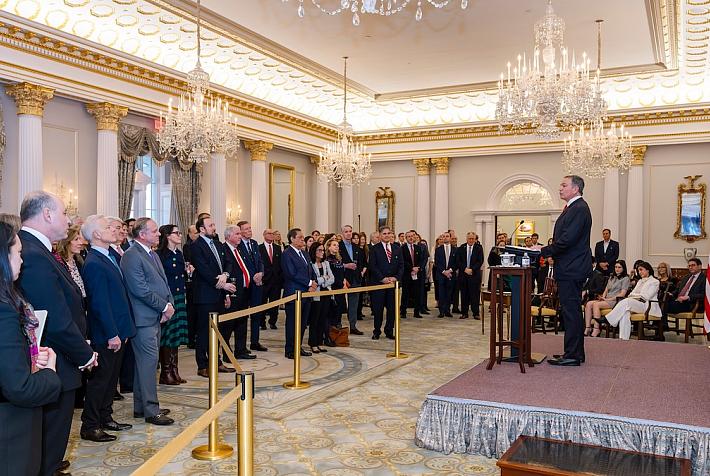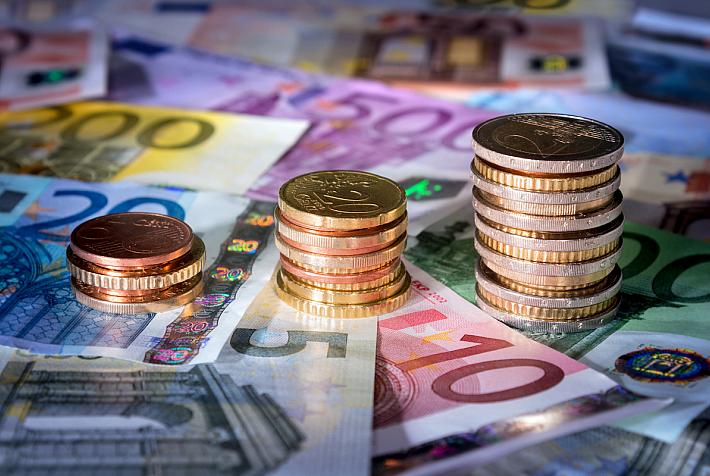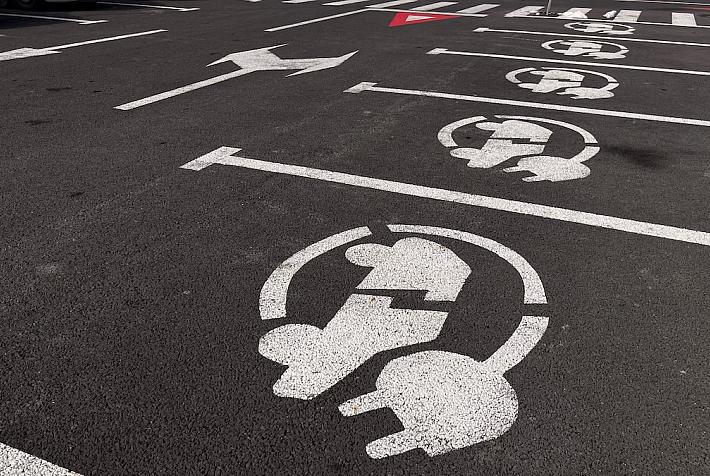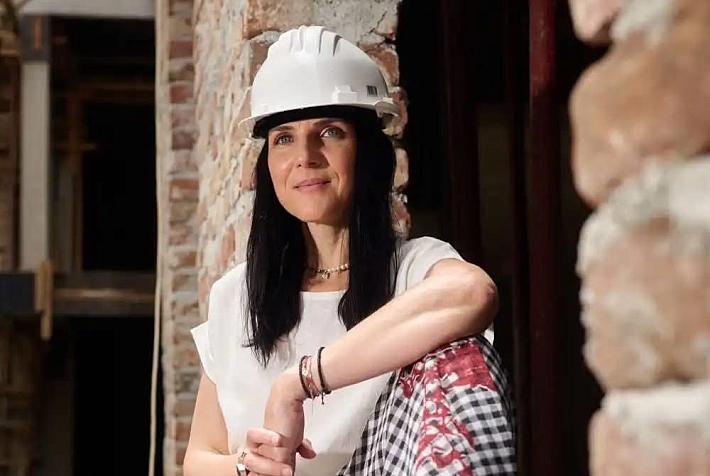Survey: Half of Romanians know May 9 is Europe Day, but only a third recognize its significance

The latest study conducted by Reveal Marketing Research shows that 55% of urban Romanians know that Europe Day is celebrated on May 9, while 35% admit they do not know the exact date. Moreover, slightly over a third know its significance.
The demographic breakdown reveals that men (59%) are better informed compared to women (50%) about Europe Day, and the highest level of awareness is found both among young people aged 18–24 (61%) and people over 55 years old (62%).
Regarding the significance of Europe Day, only 37% of Romanians correctly point to the Schuman Declaration, the beginning of European integration, while 33% say they do not know. As a trend, young people aged 18–24 and those over 55 are the most informed about the meaning of Europe Day, with both groups scoring 11% higher than the overall sample.
Participation in Europe Day events is limited among Romanians, with only 17% having attended such events over time, especially young people aged 18–24 (29%) and those with incomes over RON 6,000 (EUR 1,100), at 24%.
"We observe from the study data that the demographic extremes, young people aged 18–24 and those over 55, tend to be more informed about Europe Day and to display a more strongly pro-European attitude. For young people, EU membership symbolizes opportunity, while for those over 55 it is more a symbol of freedom, considering their experiences during the communist period, marked by restrictions and isolation," stated Marius Luican, CEO of Reveal Marketing Research.
The same survey shows that Romanians trust international institutions significantly more than national ones. The Romanian Government and Parliament are at the bottom of the trust ranking, both scoring similarly with only 9% trust. Next are the judiciary (10%), the press (13%), and the Constitutional Court (16%).
On the other hand, NATO and the European Union enjoy a more favorable image among Romanians. Around 35% say they have high or very high trust in the EU, and 40% in NATO. Young people aged 18–24 stand out with a higher level of trust in the EU (44%), while in the case of NATO, the highest scores are found both among the 18–24 age group (52%) and people over 55 (48%).
More than 7 in 10 Romanians believe that EU membership has brought benefits to Romania. The positive perception is significantly higher among young people aged 18–24 (79% compared to the sample total of 67%) and those with incomes over RON 6,000 (80%).
Romanians associate EU membership with benefits such as access to European funds (65%), freedom of movement (58%), access to education and work in other member countries (48%), and a higher standard of living (32%). As a trend, people over 55 value access to European funds (77%) and freedom of movement (68%) more, while young people aged 18–24 consider education and job opportunities in other EU countries (48%) and standard of living improvements (40%) as more important.
On the other hand, critical perceptions of the EU include policies imposed from Brussels (54%), inequalities between member states (48%), workforce emigration (43%), and the costs of contributing to the EU budget (36%). Despite these perceived disadvantages, 60% of Romanians would vote for Romania to remain in the EU in the event of a referendum, while 17% would support exiting the EU, and 23% are undecided or would not vote.
(Photo source: radub85 | Dreamstime.com)













